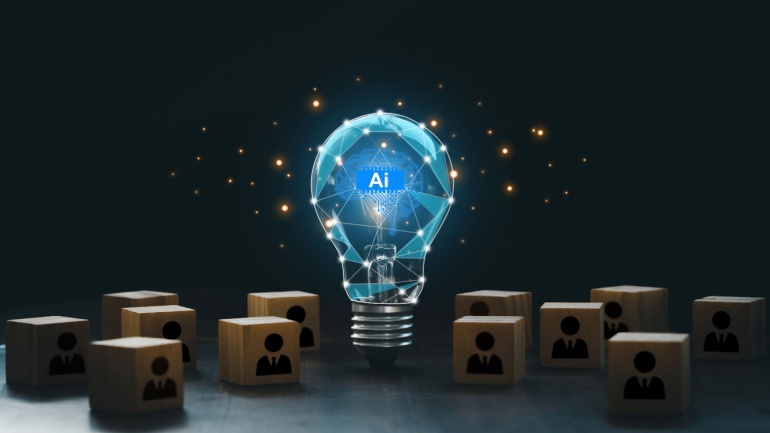DIDWW, a global telecoms operator offering premium quality VoIP communications and SIP trunking services, has announced its partnership with Teltonika, an innovative technology company specializing in GPS fleet management, wireless and networking solutions, M2M, and IoT. This initiative will equip Teltonika with a highly flexible and scalable VoIP communications solution, thereby enhancing its communication capabilities worldwide.
Ericsson and Telefónica Germany have announced the extension of their core network partnership. This collaboration, involving Ericsson’s dual-mode 5G Core and cloud infrastructure solutions, currently supports mobile connectivity for 45 million O2 Telefónica subscribers. It spans multiple network generations including 5G Standalone (SA), 5G non-Standalone (NSA), 4G, and 2G.
Tech giant Apple has introduced its latest innovation, the Apple Intelligence system, designed to enhance AI capabilities across its operating systems. Unlike creating its own large language model (LLM), Apple Intelligence amalgamates on-device small language models with access to established LLMs, initially partnering with Chat GPT.
Nokia has announced a groundbreaking achievement in telecommunications, making the first cellular call using the 3GPP Immersive Voice and Audio Services (IVAS) codec. This innovation is hailed as the most significant advancement in live voice calling since the era of monophonic telephony.
Tollring, a leading developer of analytics software, has introduced its Analytics 365 AI-Powered Recording to the Microsoft Azure and AppSource marketplaces. This new feature enhances the Analytics 365 portfolio, providing comprehensive recording capabilities for Microsoft Teams. The AI-driven tool offers transcription, keyword detection, topic analysis, sentiment evaluation, and outcome analysis, allowing organizations to gain in-depth insights into customer interactions and behavior patterns.
Our digital age thrives on devices, but discards them at an alarming rate. This “telecom waste” – phones, laptops, routers – raises ethical concerns beyond just pollution. This article explores the environmental and social issues linked to telecom waste, and proposes solutions for a more sustainable future.
T-Mobile US has launched a new backup fixed-wireless access (FWA) service called Home Internet Backup in response to frequent network outages and an anticipated severe hurricane season. This new service is an entry-level FWA subscription priced at $30 per month, which includes a bundled home gateway. It is designed to be a cost-effective alternative to T-Mobile’s existing Home Internet package, offering a $20 discount.
The ‘Global State of CX 2024’ report by CX Network highlights rising concerns about data privacy and security. Eaton’s NetDirector KVM over IP switches allow remote management of up to 32 devices with robust security, space-saving design, and compatibility. DE-CIX study shows 70% of major US Internet Exchanges are now neutral. Lanner unveils the ECA-6051, a high-performance edge AI server.
Greenerwave, a French deep-tech company specializing in electromagnetic wave control, along with its partners in the 6G Non-Terrestrial Networks (6G-NTN) project, has released a white paper titled “Vision on Non-Terrestrial Networks in 6G Systems (or IMT-2030).” This document outlines the future of connectivity within the 6G ecosystem, highlighting the anticipated development of a new generation of wireless communication technologies expected to begin deployment around 2030.
In collaboration with the i2CAT Foundation, Vodafone is advancing an automated multi-vendor management system tailored for Open RAN. This initiative aims to streamline the integration of diverse hardware and software components from multiple vendors, a key feature of Open RAN technology.













